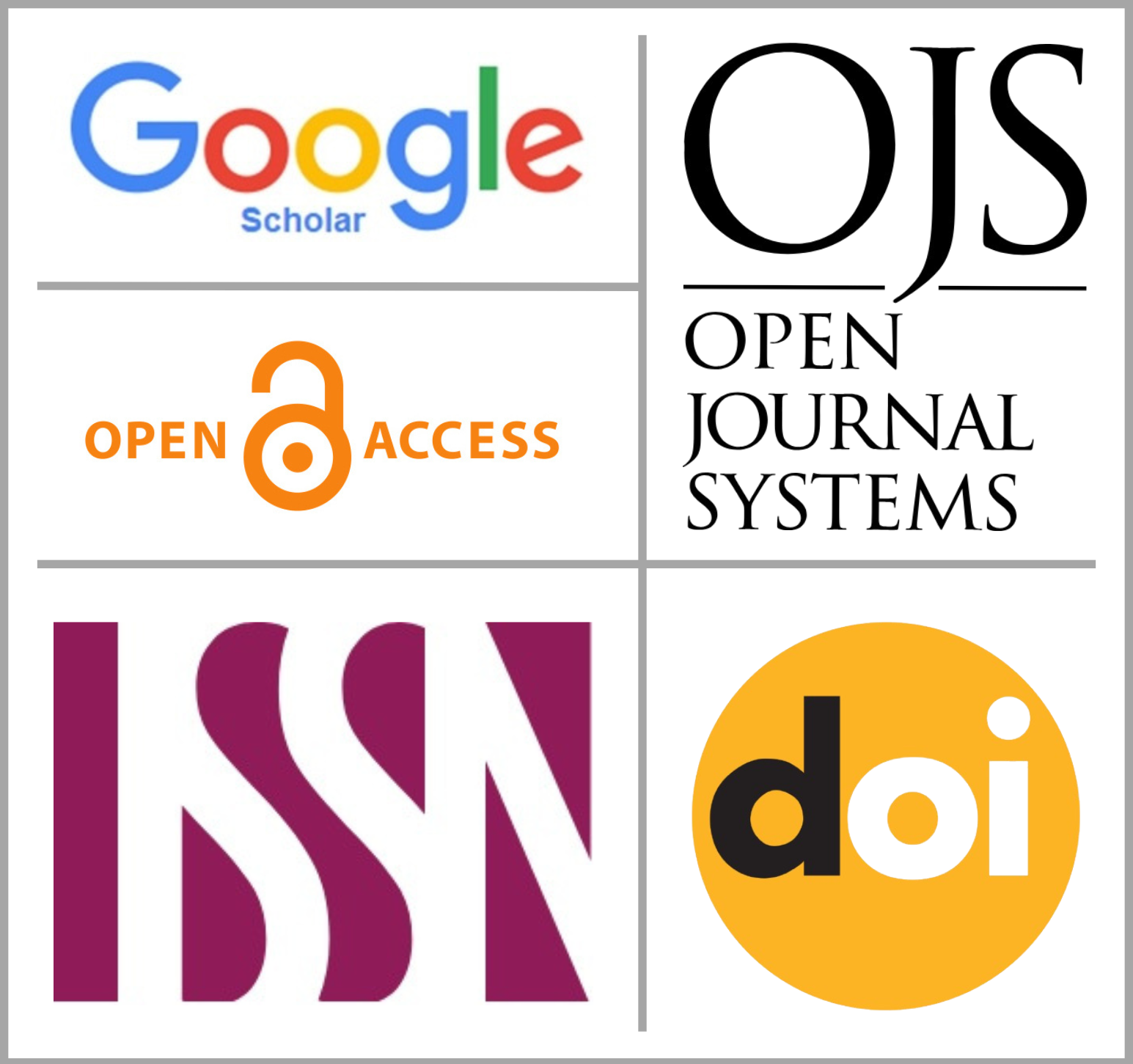Journal Information
Name of Journal: ApexMed Journal of Health Sciences
Journal Frequency: Quarterly
ISSN E: 3105-5613
ISSN P: 3105-5605
Language: English
Publisher: Scholar Club (Pvt) Ltd
Review Type: Peer-Reviewed
Area of Publication: Medical and Health Sciences
ApexMed Journal of Health Sciences






